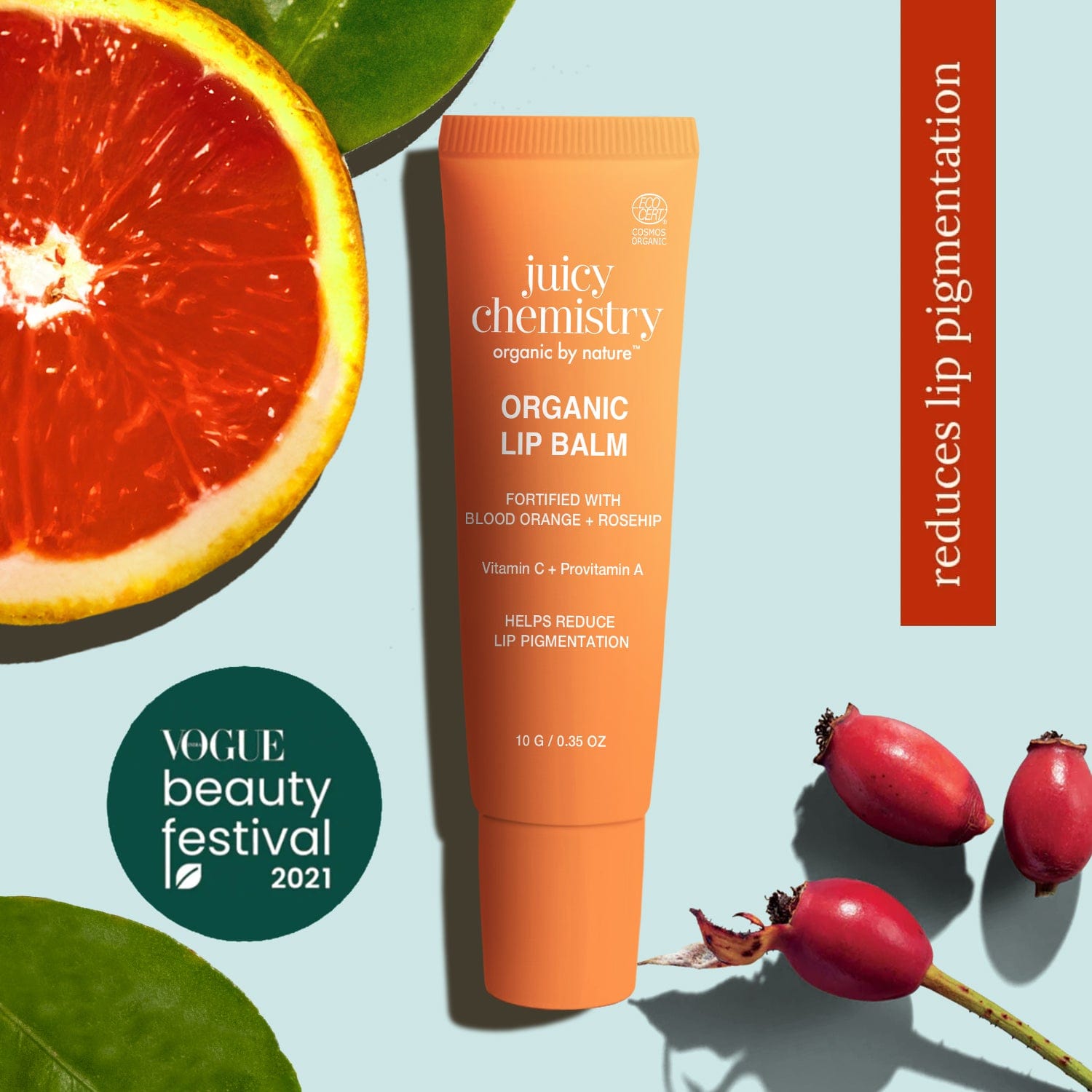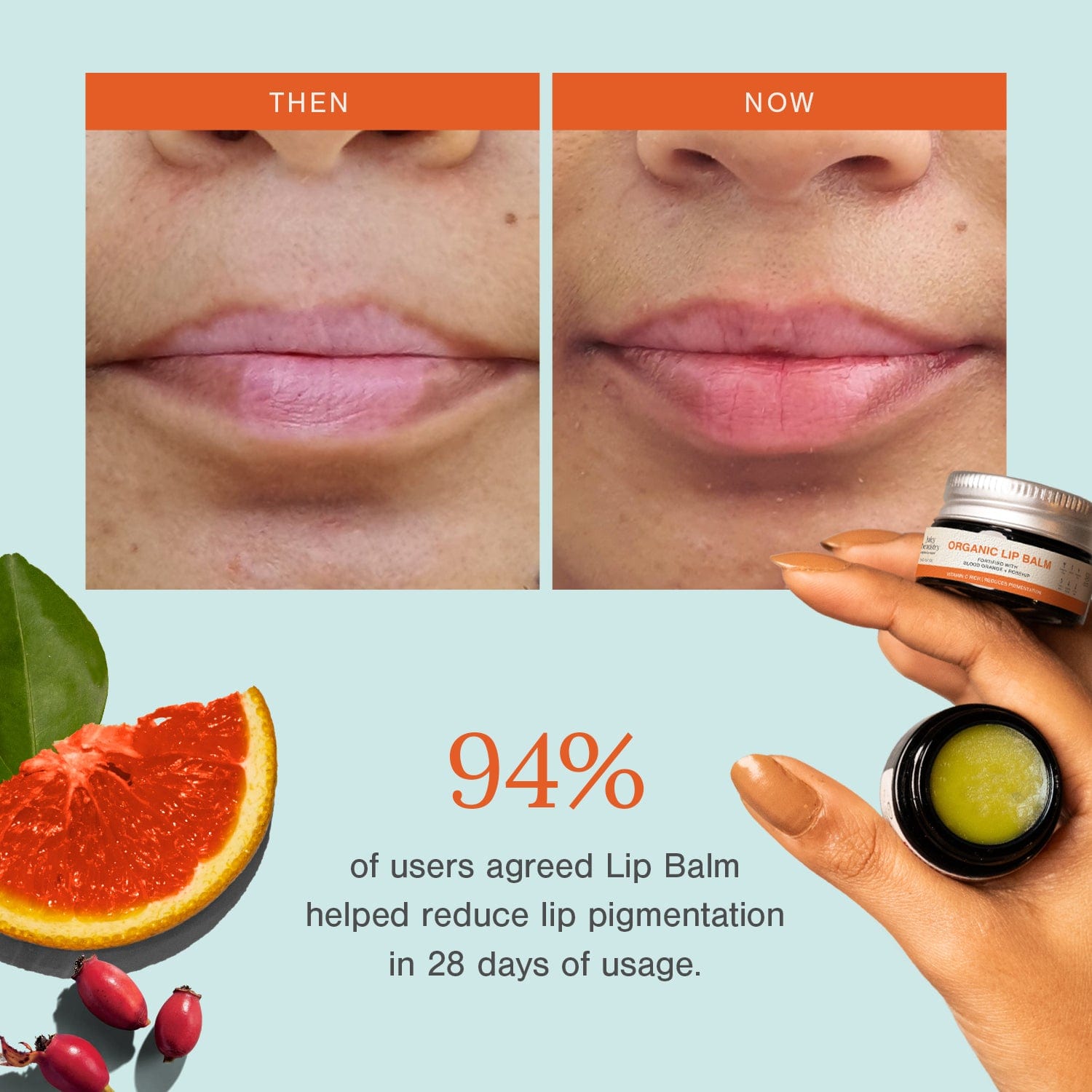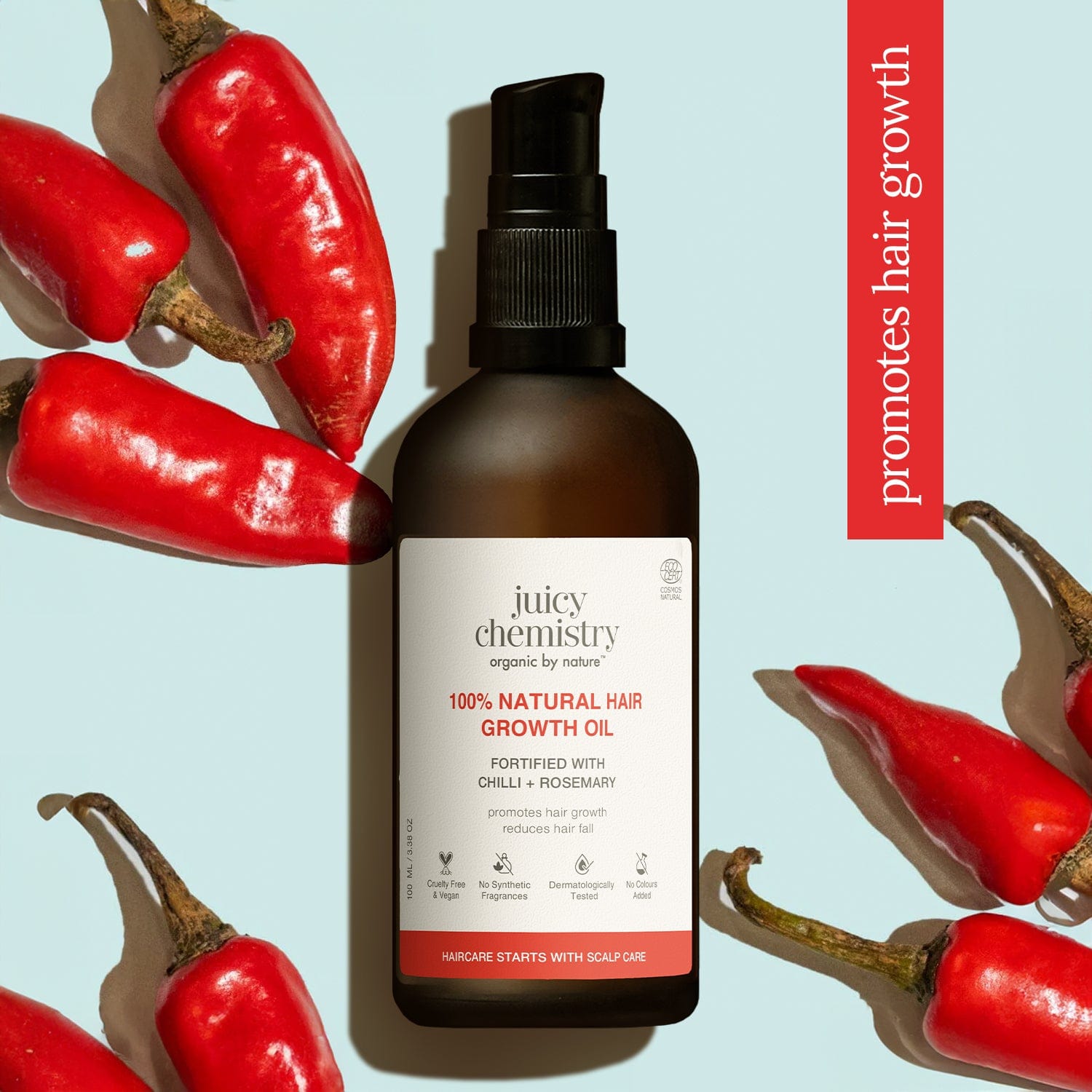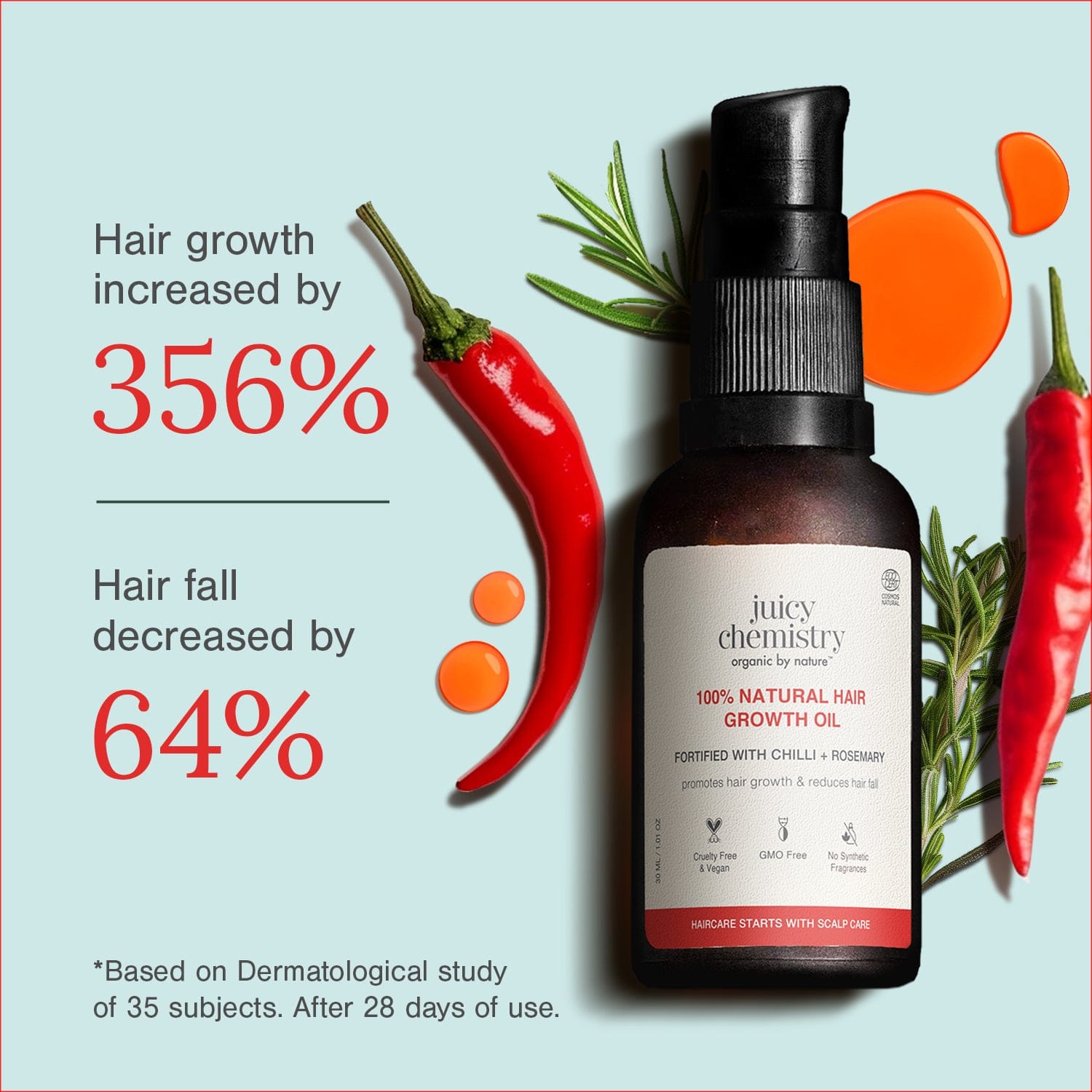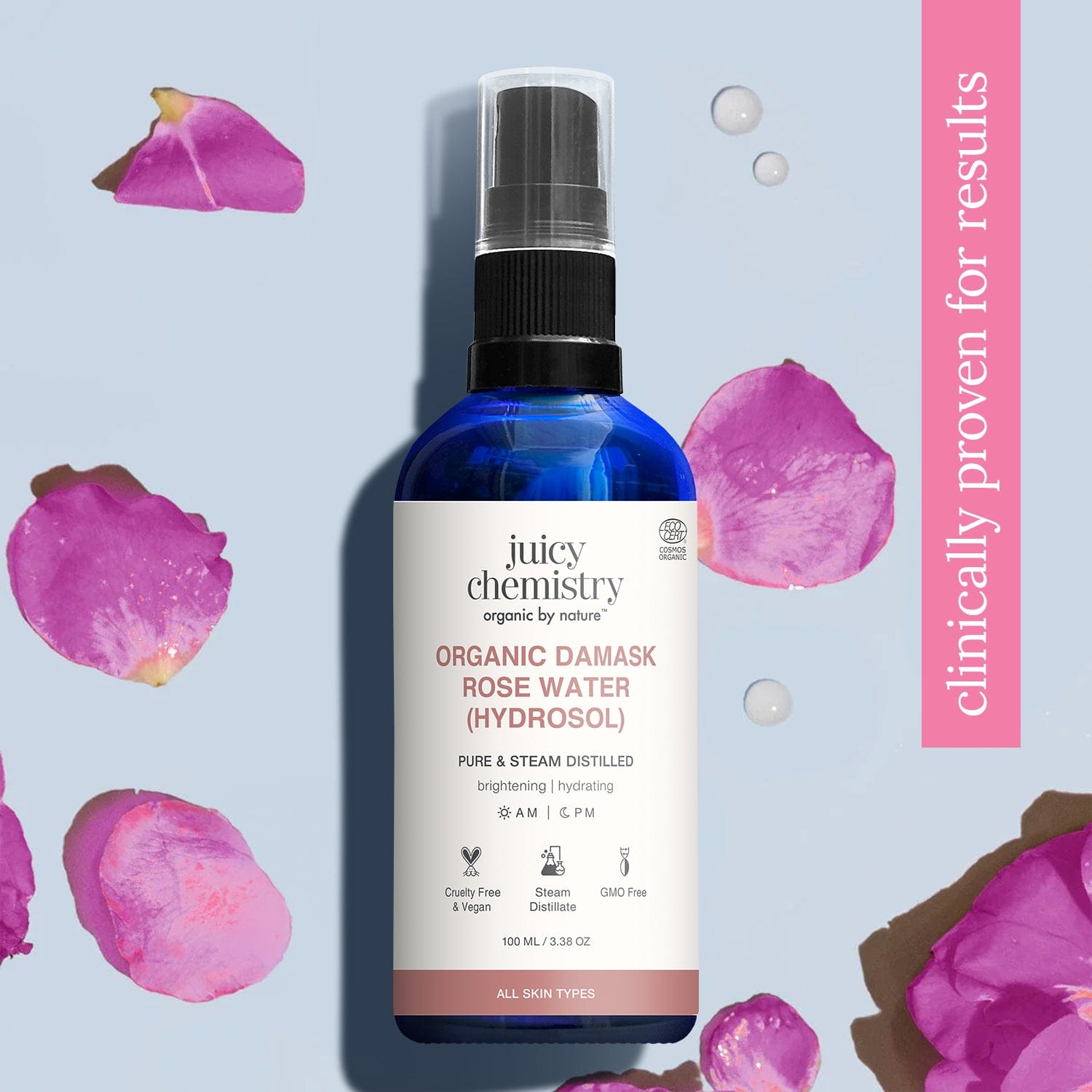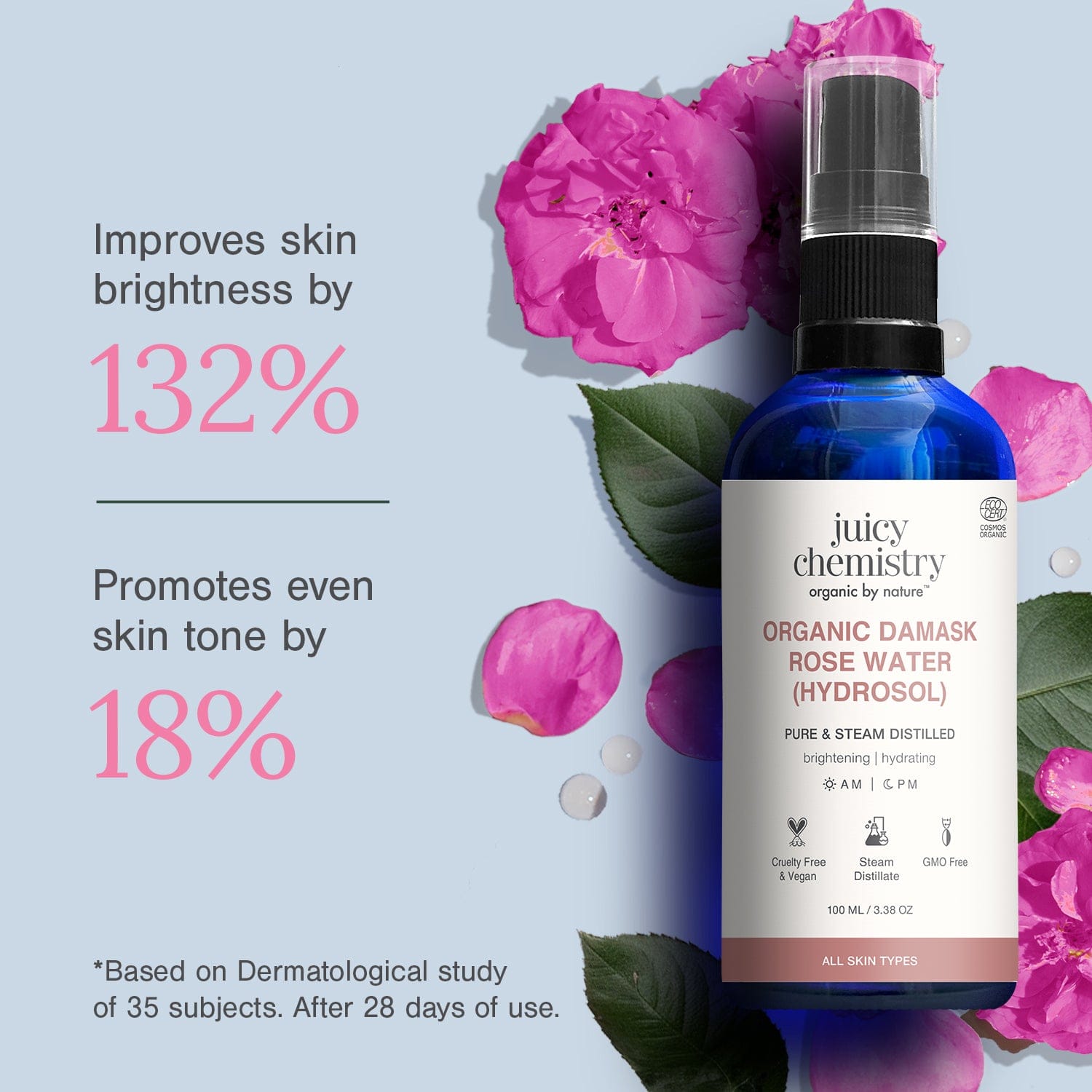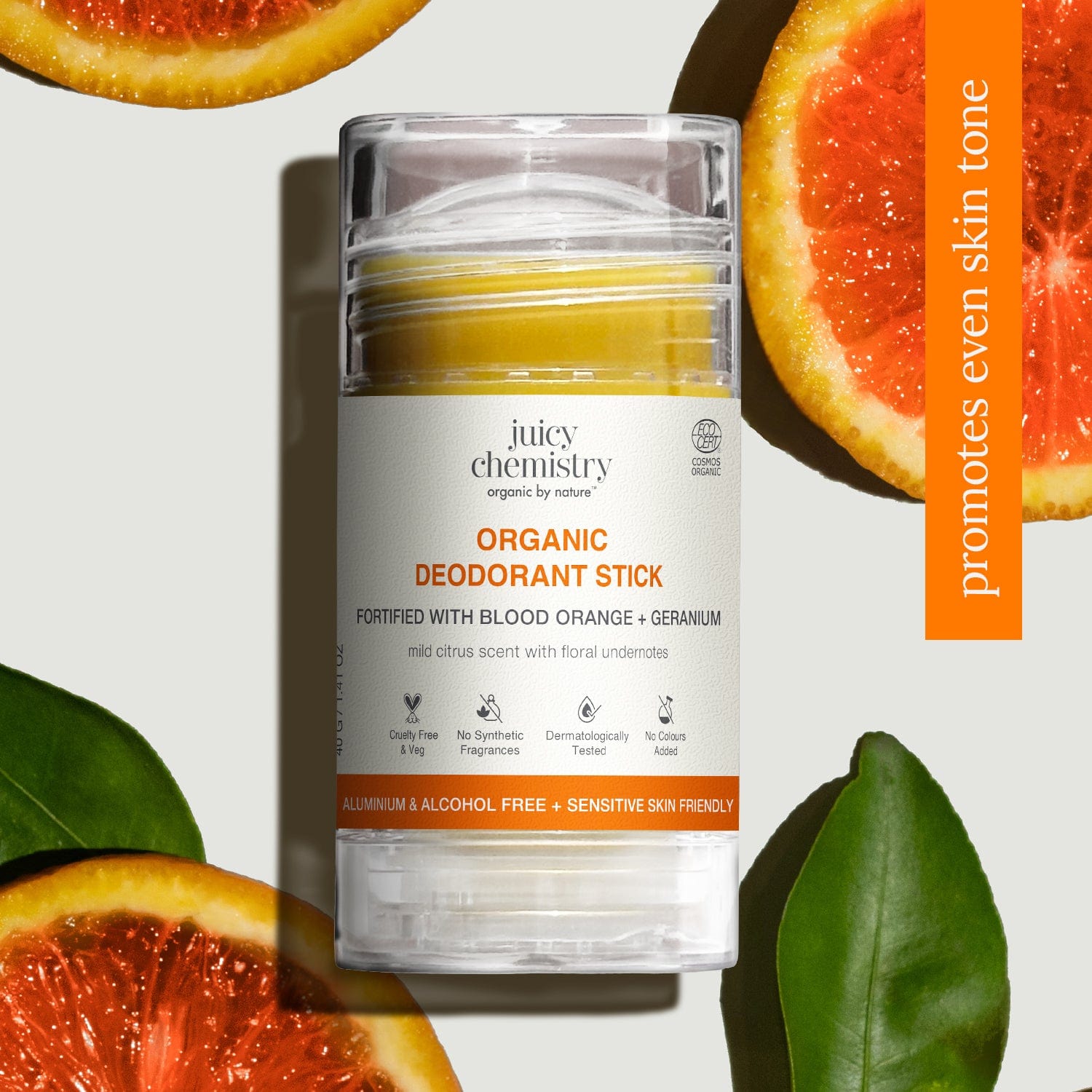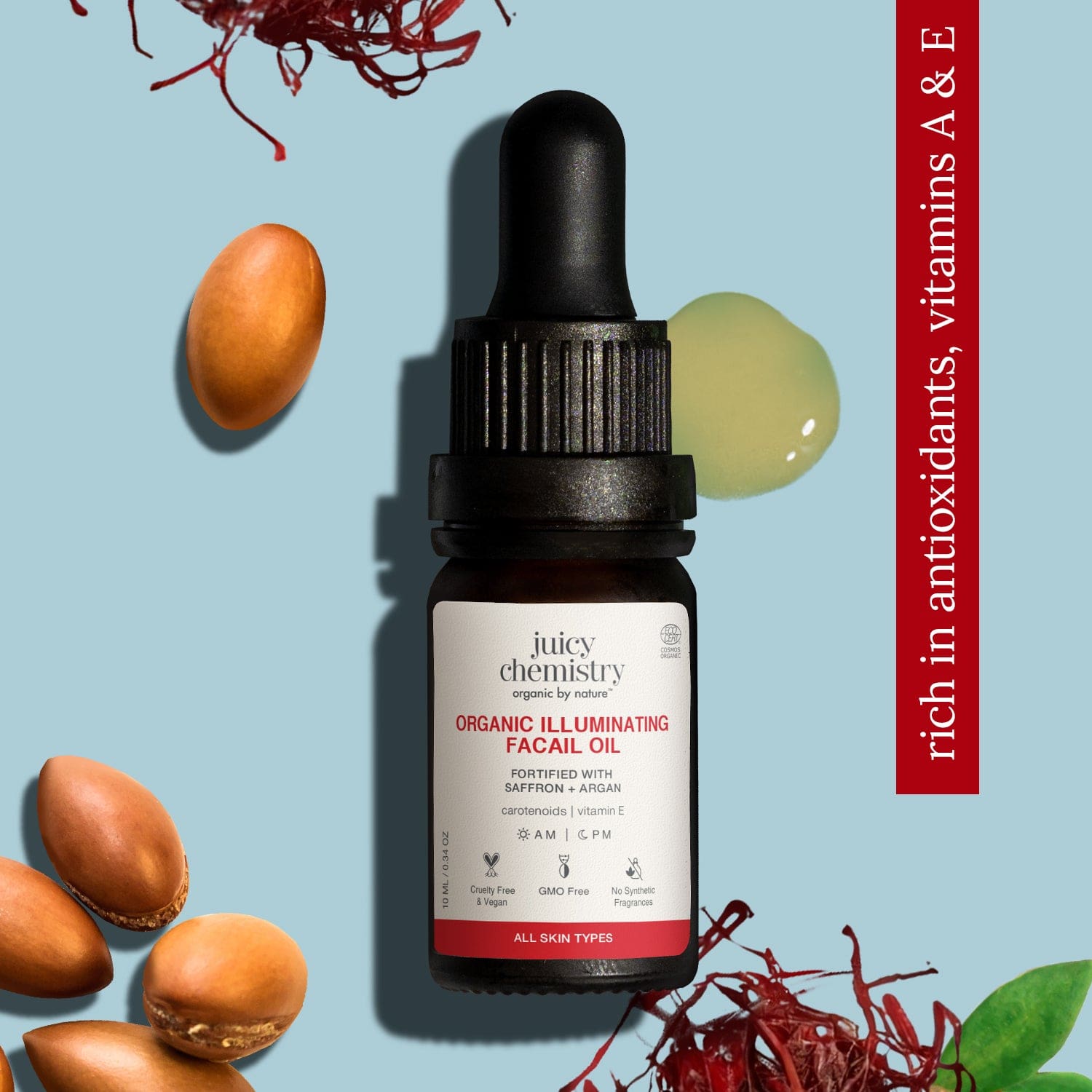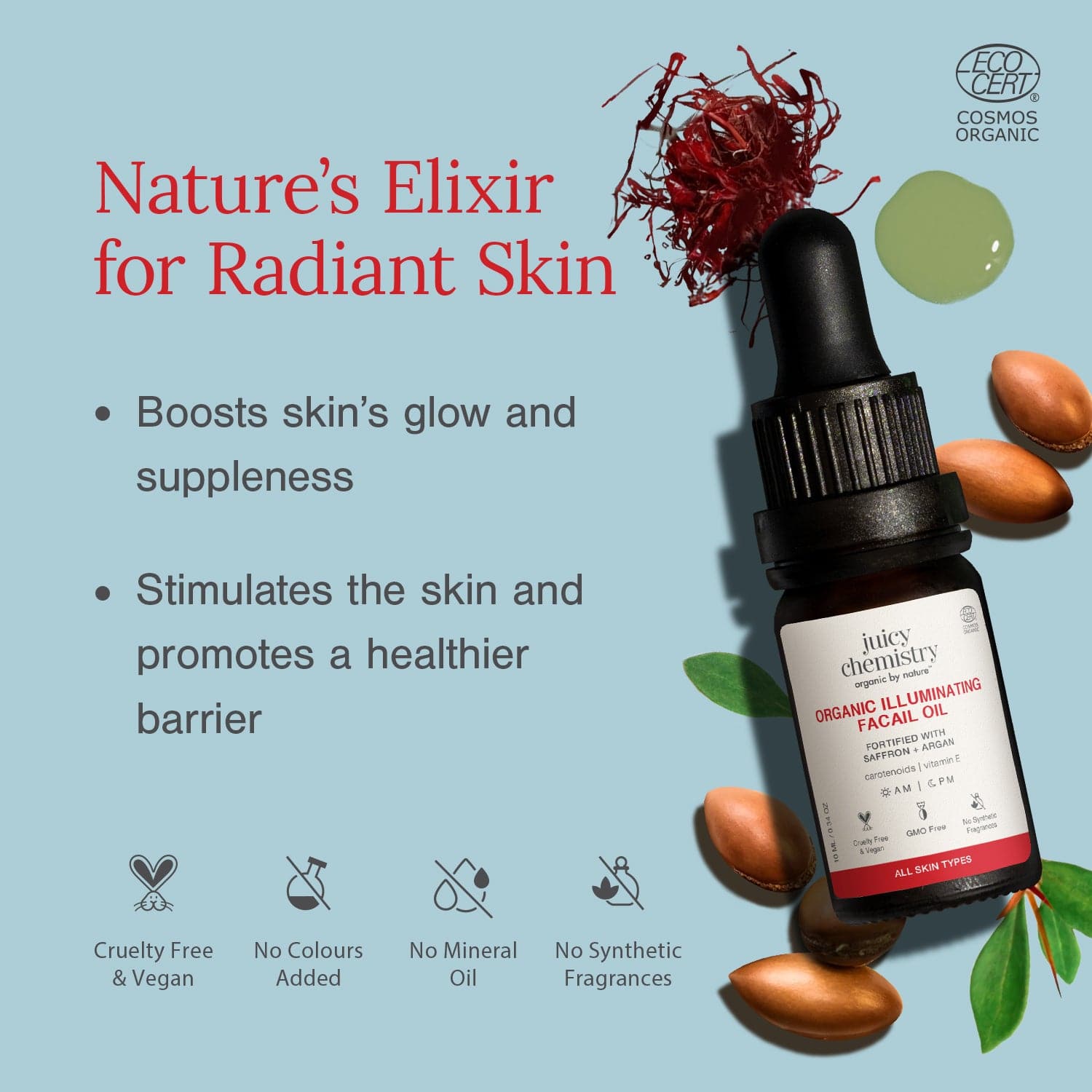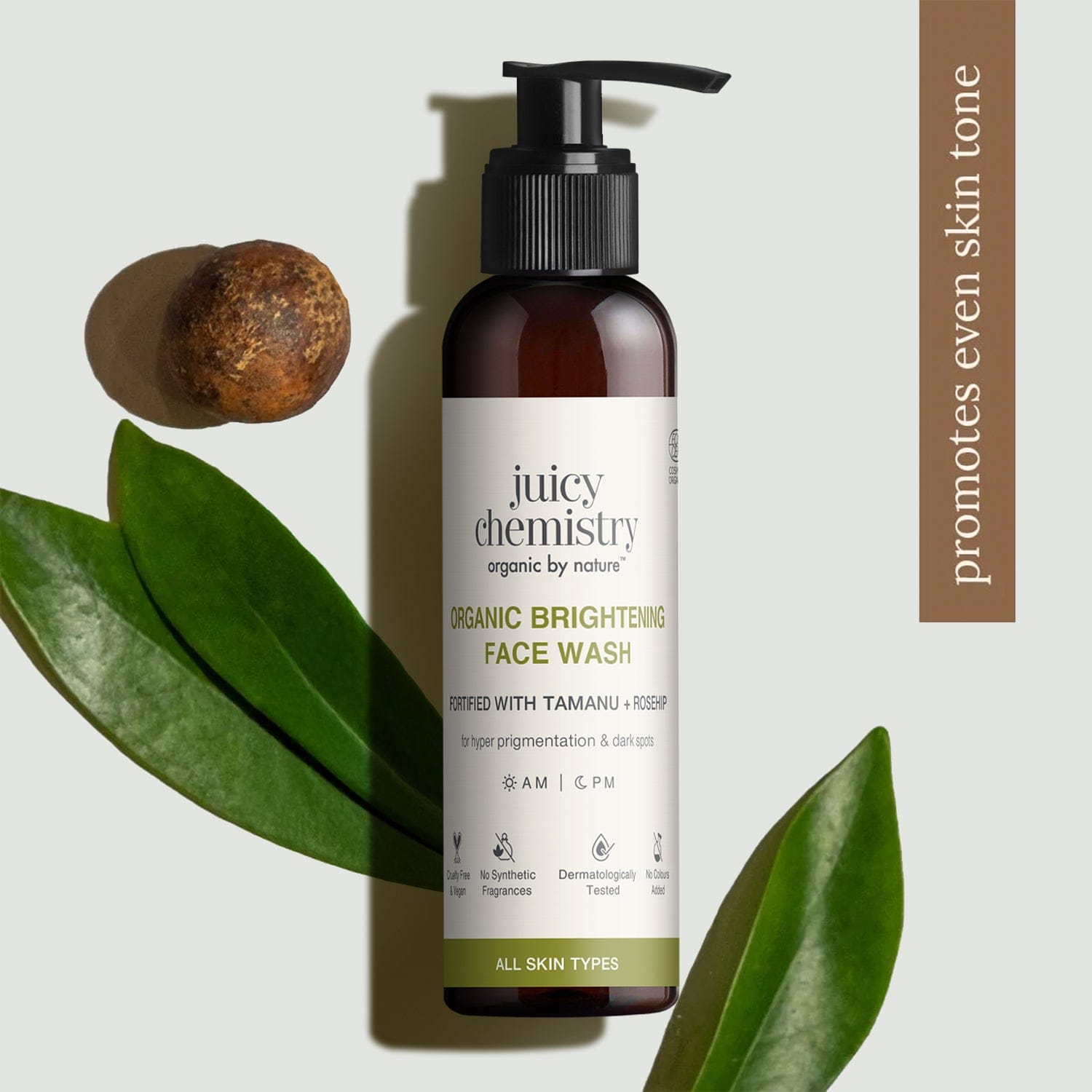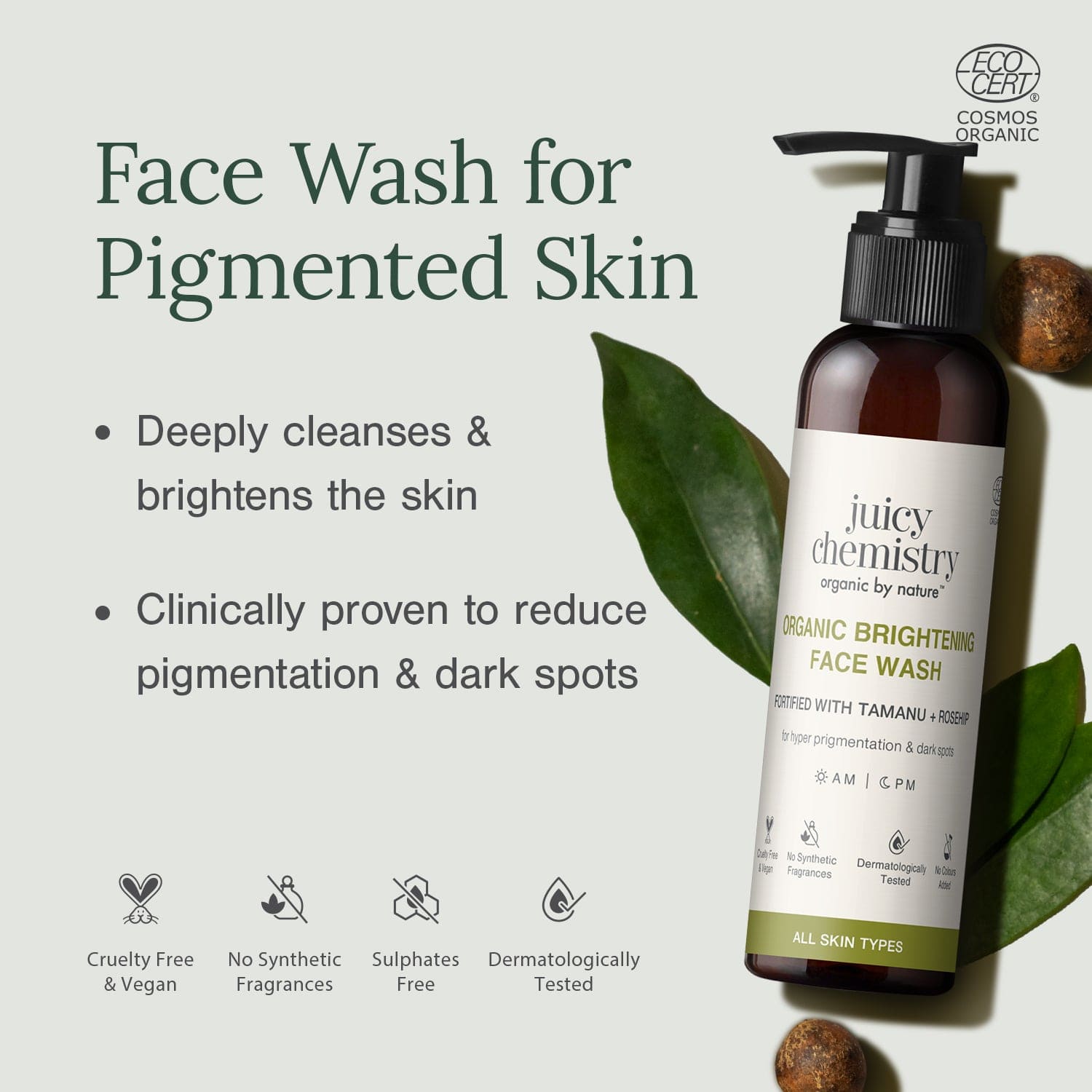Turmeric For Skin: Benefits And How To Use
October 18, 2021Achieving Clear, Youthful Skin with Turmeric
The vibrant spice known as turmeric is among the most recognized ayurvedic treatments in India and across the globe. Its culinary use can be traced back over 4,000 years to Ancient India, and it continues to be celebrated worldwide for its remarkable health advantages.
Numerous types of turmeric are cultivated in India, but yellow turmeric is the most prevalent. Scientifically referred to as Curcuma Longa, yellow turmeric is a rhizome indigenous to India. The rhizomes undergo steaming and drying processes to produce turmeric powder.
Turmeric powder is a fundamental ingredient in our cooking, thanks to its potent antimicrobial and antioxidant characteristics that assist in combating infections, digestive issues, and promoting wound healing. Additionally, it is incorporated into beauty routines in various regions of India to help achieve glowing, healthy skin.
Applications of Turmeric Oil for Skin
Turmeric powder serves as a well-known herbal solution for a range of skin concerns. It can be easily combined with various ingredients without causing irritation to your skin. In addition to turmeric powder, turmeric oil is also commonly found in skincare products such as facial oils, moisturizers, and serums to combat free radicals. Turmeric oil is an essential oil derived from the steam distillation of turmeric rhizomes.
-
Safeguards Your Skin
The primary active ingredient in turmeric for skin benefits is curcumin, a polyphenol.
Curcumin acts as a powerful natural antioxidant that aids in reducing oxidative stress. Daily exposure to sunlight, smoke, and pollutants can generate free radicals, which are inherently unstable. These molecules can damage healthy skin cells, leading to premature aging. Turmeric oil can help stabilize these free radicals, promoting healthier and more youthful skin. -
Combats Infections
In addition to being an excellent natural antioxidant, turmeric possesses remarkable antimicrobial and antiseptic qualities. Historically, the use of turmeric for skin has been beneficial for healing cuts, scrapes, wounds, and combating various skin infections.
Its anti-inflammatory properties help alleviate signs of inflammation, such as redness and swelling associated with acne and other irritants.
Advantages of Turmeric for Skin
-
Diminishes Pimples: Acne is one of the most prevalent skin issues encountered by individuals of all ages. Turmeric serves as an effective and gentle alternative for managing acne-prone skin.
-
The antimicrobial properties of turmeric assist in eradicating acne-causing bacteria. Its anti-inflammatory effects also help mitigate inflammation, a significant contributor to acne and pigmentation formation. Furthermore, turmeric oil possesses astringent qualities that aid in toning your skin.
-
Lightens Blemishes: Turmeric is also the ultimate skin brightener. It has been utilized in ubtans and beauty rituals for centuries to enhance skin radiance. The antioxidant curcumin can help diminish pigmentation and eliminate sun tan, resulting in brighter, more even-toned skin. It also aids in fading dark spots and acne scars.
-
Enhances Sun Protection: Recently, turmeric oil has been incorporated into numerous sun care products to enhance their sun protection capabilities and delay skin aging. When used in conjunction with sunscreen filters, it shields your skin from UV radiation by scavenging free radicals that could contribute to early aging signs.
-
Alleviates Inflammation: Research has indicated that using turmeric for skin can be beneficial in managing various inflammatory conditions such as psoriasis, eczema, and dermatitis. It can help calm inflamed skin by reducing swelling, redness, and itching.
-
Accelerates Wound Healing: Turmeric possesses exceptional healing properties that can expedite wound healing and prevent infection at the wound site. It reduces inflammation, eliminates harmful pathogens, and boosts collagen synthesis to hasten the healing process.
Incorporating Turmeric into Your Skincare Routine
Since turmeric powder is readily available in most kitchens, it can be utilized as a home remedy for combating acne, brightening the skin, and delaying signs of aging.
Here are several methods to integrate turmeric into your skincare regimen.
-
As a facial oil:
Dilute turmeric oil with a suitable carrier oil of your choice and apply it as a moisturizer to soothe and protect your skin. It is advisable to keep the concentration of essential oils below 1% to prevent irritation. Therefore, if you are using 100ml of carrier oil, the amount of essential oil should not exceed 1ml. -
As a spot treatment:
Combine a pinch of turmeric powder with fresh aloe vera juice and apply it as a spot treatment for acne, minor cuts, and bruises. -
As an ubtan:
Mix 1 tablespoon of gram flour with a pinch of turmeric powder and add enough water or hydrosol to create a paste. Apply this paste to your skin and allow it to sit for 5-10 minutes. With wet hands, gently massage it in circular motions and rinse thoroughly with water.
Note: Turmeric is a potent culinary spice and should not be applied directly to the skin. Use only a small amount in your homemade facemasks to avoid staining.
Juicy Chemistry's Products Infused with Turmeric Oil
Our Frankincense & Hemp Facial Oil is a rejuvenating oil specifically formulated for oily and acne-prone skin types. This handcrafted oil contains Hemp Seed, Safflower Seed, and Argan oil, which protect, nourish, and moisturize the skin without clogging pores.
It also features essential oils of turmeric, lavender, frankincense, and tea tree, which help manage acne and blemishes through their antimicrobial and anti-inflammatory properties. All ingredients are freshly harvested and used without refinement, ensuring that the facial oil is 100% pure, natural, and certified organic by Ecocert France according to Cosmos V3 standards.
Frequently Asked Questions
-
Can I use turmeric for skin every day?
Yes, turmeric can be applied daily to protect your skin from infections and sun damage. Incorporate it into a cleanser or ubtan for daily skin cleansing. -
Are there any side effects associated with turmeric use?
While turmeric is generally safe for topical application, turmeric powder may temporarily leave yellow stains on your skin. Therefore, it is best to use it in moderation. -
Is it suitable for dry skin types?
Yes, turmeric is appropriate for all skin types, including dry and sensitive skin. However, it is always advisable to perform a patch test first to check for any signs of skin sensitivity.
REFERENCES –
https://www.ncbi.nlm.nih.gov/books/NBK92752/ https://www.ncbi.nlm.nih.gov/pmc/articles/PMC5664031/ https://www.ncbi.nlm.nih.gov/pmc/articles/PMC6770633/

